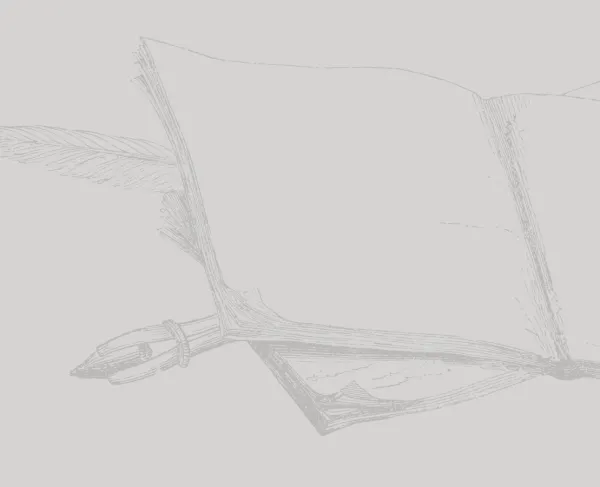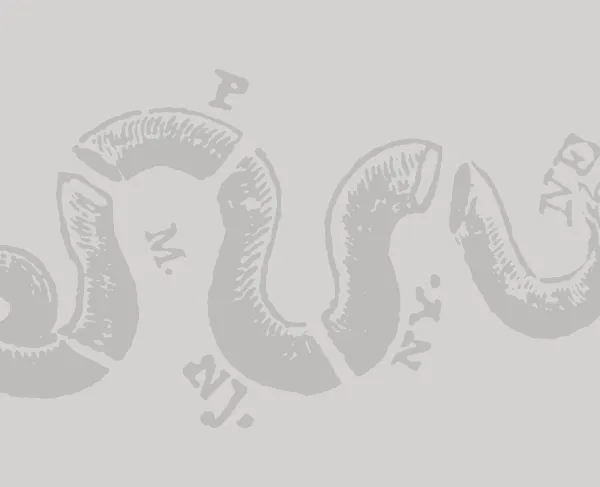“Remarks on the Attack at Bunker's Hill”

Israel Mauduit was a British merchant and colonial agent with a record of writing highly critical pamphlets. He had voiced his opinions and concerns during the French and Indian War and had plenty to say a few years later about the American Revolution.
This pamphlet offers criticism on the British strategy during the Battle of Bunker Hill. Mauduit was not a fan of General William Howe, and this writing is no exception to his standing negativity. The pamphlet was written after October 1777, since Mauduit mentions the British surrender at Saratoga.
Spelling and grammar is original.
Remarks on the Attack at Bunker's Hill.
If the English General had his choice given him of the ground upon which he should find his enemy, he could not have wished to place the rebels in a situation for more certain ruin, than that in which they had placed themselves at Bunker's hill. And yet, from some fatality in our councils, or rather perhaps from the total absence of all timely counsel, what ought to have been destructive to them proved only so to the Royal army.
Every one knows, that the ground on which stood Charlestown and Bunker's hill, was a peninsula. The isthmus, which joined it to the Continent, used originally to be covered at high water; but, for the convenience of the inhabitants, had a causeway raised upon it, which answered all the purposes of a wharf for landing upon. And the land adjoining was firm, good ground, having formerly been an apple orchard.
Nothing can be more obvious, especially if the Reader will look upon the Plan, than that the army, by landing at the neck or isthmus, must have entirely cut off the rebels retreat, and not a man of them could have escaped.
The water in the Mystic river was deep enough for the gun-boats and smaller vessels to lie very near to this causeway; to cover and protect the landing of our own army, and to prevent any farther reinforcements being sent to the enemy; as well as to secure the retreat and re-embarkation of our own army, if that could have become necessary.
The ambuscade which flanked our troops in their march up to Bunker's hill, and did so much mischief, had by this means been avoided.
Instead of shutting up the rebels, by landing at the isthmus, which was the place the most commodious for the descent, and for beginning the attack, the General unhappily chose to land in the face of the rebel intrenchments, and at the greatest possible distance from the neck or isthmus, and thereby left the way open for their escape; and still more unhappily, knowing nothing of the ground, attempted to march the troops in a part where they had ten or twelve rows of railing to clamber over; the lands between Charlestown and the bead being, for the convenience of the inhabitants, divided into narrow slips, not more than from ten to thirty rods over.
These posts and rails were too strong for the column to push down, and the march was so retarded [slowed] by getting over them, that the next morning they were found studded with bullets, not a hand's breadth from each other.
All this was well known to the inhabitants of Boston; But they thought that military men, and such a great English General as Mr. Howe, must know better than they. And all this might have been known, and ought to have been known to the English Commander.
Had the rebels coming into this peninsula been a thing utterly unexpected, and never before thought of, the suddenness of the event might have been an apology for their not instantly thinking of the measures most proper to be taken upon such an occasion. But, far from unexpected, this was an event which they had long been apprehensive of, the possibility of which had been in contemplation for two months before. The action at Bunker's hill was on the 17th of June, and so long before as the 21st of April, a message had been sent to the Selectmen of Charlestown, that "if they suffered the rebels to take possession of their town, or throw up any works to annoy the ships, the ships would fire upon them."
The message giving them this warning, doubtless was very proper; But it was easy to foresee, that if the rebels chose to posses themselves of any part of the peninsula, the inhabitants of Charlestown could not prevent it. In all these eight weeks, therefore, it might have been hoped that the General and Admiral should have concerted the proper measures for them to take in case the enemy should come thither. It might have been hoped, that the Admiral should have perfectly informed himself of the depth of mater in the Mystic river, and how near at the several times of the tide the vessels could come to the causeway. We might have hoped that the General would have informed himself of every inch of ground in so small a peninsula; and have previously concerted what he ought to do, and where he ought to land, upon every appearance of an enemy, and yet we do not seem to have given ourselves the trouble of a single thought about viewing the ground, or of considering before-hand what would be the proper measures to be taken in case the enemy should appear there. Instead of this, the morning on which the enemy was discovered, at three o'clock a council of war was called, which might as well have been held a month before, and many hours more given to the rebels for carrying on their works, and finishing their redoubt.
The map will shew [show] us that Charlestown neck lies at the utmost possible distance from the rebel quarters at Cambridge and Boston neck; so that the troops had every possible advantage in landing at the causeway, and not a single man of the rebels could have escaped.
Is it necessary for a gentleman to be soldier to see this? Will not every man's common sense, upon viewing the map, be convinced of it?
Whether, after the rebels were fled, General Clinton's advice to pursue was right or not, may be a doubt; But if instead of having sacrificed the lives of a thousand brave men by the want of all previous concert, and never having surveyed the ground; if, instead of this negligence and inattention, we had shut up the whole rebel force in the peninsula, and destroyed and taken that whole army, there can be no doubt, but that we might then have pursued our advantage; and that if then we had marched to Roxbury and Cambridge, te troops would probably have not found a man there to oppose them; at least in that general consternation, they might very easily have been dispersed; and, the other provinces not having then openly joined them, we should probably have heard nothing more of the rebellion.
It was said at the time, I have heard, that we were unwilling to make the rebels desperate; but I hope no military man would offer to give such a reason. Veteran troops, long possessed with a very high sense of honor, like the old Spanish infantry at Rocroy, might possibly resolve to die in their ranks, and sell their lives as dearly as they could, though I know no instance in modern war of this Spanish obstinacy. But for regular British troops to be afraid of shutting up a rabble of irregular new-raised militia, that had never fired a gun, and had no honour to lose, lest they should fight too desperately for them, argues too great a degree of weakness, to be supposed of any man fit to be trusted in the King's service. Happy had it been for Mr. Burgoyne, if Mr. Gates had reasoned in this manner; and left the King's troops a way open for their escape, for fear of making them desperate. And yet Mr. Gates, when he lived with his father in the service of Charles Duke of Boston, was never thought to possess an understanding superior to other men; and the letters of some of the most sensible and best informed men among the rebels shew, that they thought him scarce equal to the command.
But what was it we had to fear by this notion of making them desperate? The rebels could not but see the execution they had done upon the royal army in their march; and they they ran away the instant our troops were got up to them—Was this their point of hour? Had they found themselves cut off from all possibility of retreat by our army's landing at the isthmus, in all probability they would have instantly thrown down their arms and submitted. If they had not, they must then have come out of their intrenchments, and fought their way through our army to get to the isthmus; that is to say, we chose to land, and march to their intrenchements, and fight under every possible disadvantage, for fear that by landing at the neck, we should have obliged them to come out of their intrenchments, and fight us upon equal terms, or even upon what disadvantages the General should please to lay in their way. But the innumerable errors of that day, if they had been known in time, might have sufficiently convinced us, how little was to be expected from an army so commanded.
Source:
Israel Mauduit, "Three letters to Lord Viscount Howe. With remarks on the attack at Bunker's Hill." Library of Congress.
Related Battles
450
1,054




